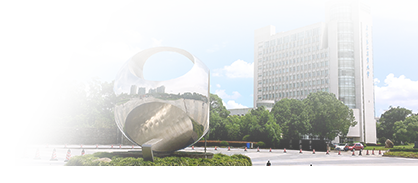Recently, the national standard "WindEnergy Generation Systems - Recycling Methods for Waste Fiber CompositeMaterials from Wind Turbines" (GB/T 45195-2024), co-developed by SSPU asone of the drafting units through the efforts of Professor Zhang Chenglong'steam from the School of Resources and Environmental Engineering, has beenofficially released and implemented concurrently.


In recent years, China's new energyindustry has developed rapidly. As the industry accelerates upgrades andturbine equipment undergoes renewal, wind power facilities will face batchretirement. To promote the circular utilization of retired wind power equipmentand accelerate the establishment of a waste recycling system, the China QualityCertification Center (CQC) led the drafting of the national standard WindEnergy Generation Systems - Recycling Methods for Waste Fiber CompositeMaterials from Wind Turbines. This standard is under the jurisdiction andimplementation of the National Technical Committee on Wind Power GenerationStandardization (TC50), with the China Machinery Industry Federation serving asthe governing authority. The drafting of this standard was designated as asupervised project by the State Council.
The Wind Energy Generation Systems- Recycling Methods for Waste Fiber Composite Materials from Wind Turbines specifiesdetailed regulations for the recycling of waste fiber composite materials fromwind turbines, including basic requirements, collection, processing, anddisposal methods. It applies to the recycling of discarded fiber compositeproducts such as turbine blades, nacelle covers, and spinner cove. As amandatory standard, it will provide clear guidance for the wind power industryin managing composite materials during turbine retirement, facilitate thegreen, low-carbon, and circular development of China's waste wind turbine bladerecycling sector, and offer critical support for advancing energy-saving andlow-carbon technological innovation, as well as achieving the national"dual carbon" goals.
The School of Resources and EnvironmentalEngineering will continue to support faculty members in strengtheningindustry-education integration, actively participating in the formulation ofnational, industry, and group standards, adhering to the principle of"standards first, benchmarking demonstrations," and contributing tothe sustainable development of the new energy industry.

